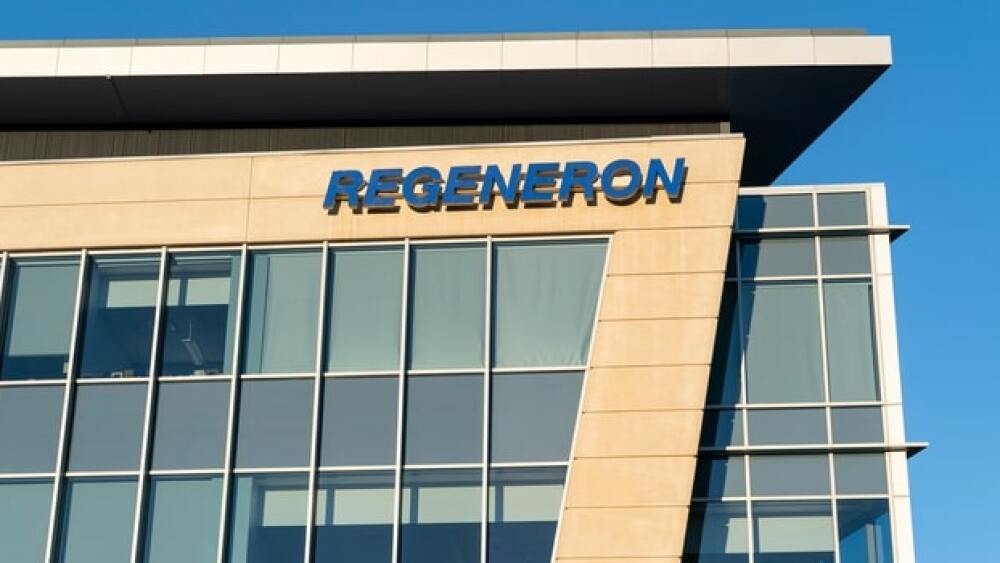PRINCETON, N.J.--(BUSINESS WIRE)--Bristol-Myers Squibb Company (NYSE:BMY) announced today two-year overall survival data from two pivotal Phase 3 studies evaluating Opdivo (nivolumab) versus docetaxel in previously treated metastatic non-small cell lung cancer (NSCLC). Opdivo continued to demonstrate improved overall survival (OS), the primary endpoint for both studies, at the landmark two-year time point. In CheckMate -057, a trial in previously treated non-squamous NSCLC, 29% of patients treated with Opdivo were alive at two years (n=81/292) versus 16% of those treated with docetaxel (n=45/290) (HR: 0.75 [95% CI: 0.63, 0.91]). In CheckMate -017, a trial in previously treated squamous NSCLC, 23% of patients treated with Opdivo were alive at two years (n=29/135) versus 8% of those treated with docetaxel (n=11/137) (HR: 0.62 [95% CI: 0.47, 0.80]). In Checkmate -057 and -017, treatment-related adverse events (AEs) occurred in 71% and 61% of Opdivo-treated patients. The safety profile of Opdivo at two years was consistent with previous reports of data from both studies.
“Data presented at ASCO underscore the potential of Opdivo to improve long-term outcomes for patients with this particularly challenging disease.”
These data will be presented at the 52nd Annual Meeting of the American Society of Clinical Oncology (ASCO) Annual Meeting in Chicago, IL, June 3-7, during a poster session on Saturday, June 4, 8:00 AM – 11:30 AM CDT (Abstract #9025).
“These new data from CheckMate -057 and -017 are robust randomized Phase 3 data, with the longest published follow up of patients being on therapy available for a PD-1 inhibitor in lung cancer, across histologies,” said Hossein Borghaei, DO, Chief, Thoracic Oncology, Fox Chase Cancer Center. “Data presented at ASCO underscore the potential of Opdivo to improve long-term outcomes for patients with this particularly challenging disease.”
Findings to be presented at the meeting will also include additional research to explore biomarkers that may help predict outcomes with Opdivo.
Nick Botwood, M.D., Development Lead, Lung and Head & Neck, Bristol-Myers Squibb, commented, “Our fundamental goal for Immuno-Oncology research is to redefine the expectation of long-term, quality survival for all patients with lung cancer. We will seek to continue to leverage our deep scientific expertise and our unwavering commitment to patients to deliver transformative cancer care. Today, these data from CheckMate -057 and -017 expand our understanding of the potential for Opdivo to provide a meaningful, durable survival benefit to patients with previously treated metastatic NSCLC.”
For full access, please click here.
“Data presented at ASCO underscore the potential of Opdivo to improve long-term outcomes for patients with this particularly challenging disease.”
These data will be presented at the 52nd Annual Meeting of the American Society of Clinical Oncology (ASCO) Annual Meeting in Chicago, IL, June 3-7, during a poster session on Saturday, June 4, 8:00 AM – 11:30 AM CDT (Abstract #9025).
“These new data from CheckMate -057 and -017 are robust randomized Phase 3 data, with the longest published follow up of patients being on therapy available for a PD-1 inhibitor in lung cancer, across histologies,” said Hossein Borghaei, DO, Chief, Thoracic Oncology, Fox Chase Cancer Center. “Data presented at ASCO underscore the potential of Opdivo to improve long-term outcomes for patients with this particularly challenging disease.”
Findings to be presented at the meeting will also include additional research to explore biomarkers that may help predict outcomes with Opdivo.
Nick Botwood, M.D., Development Lead, Lung and Head & Neck, Bristol-Myers Squibb, commented, “Our fundamental goal for Immuno-Oncology research is to redefine the expectation of long-term, quality survival for all patients with lung cancer. We will seek to continue to leverage our deep scientific expertise and our unwavering commitment to patients to deliver transformative cancer care. Today, these data from CheckMate -057 and -017 expand our understanding of the potential for Opdivo to provide a meaningful, durable survival benefit to patients with previously treated metastatic NSCLC.”
For full access, please click here.




